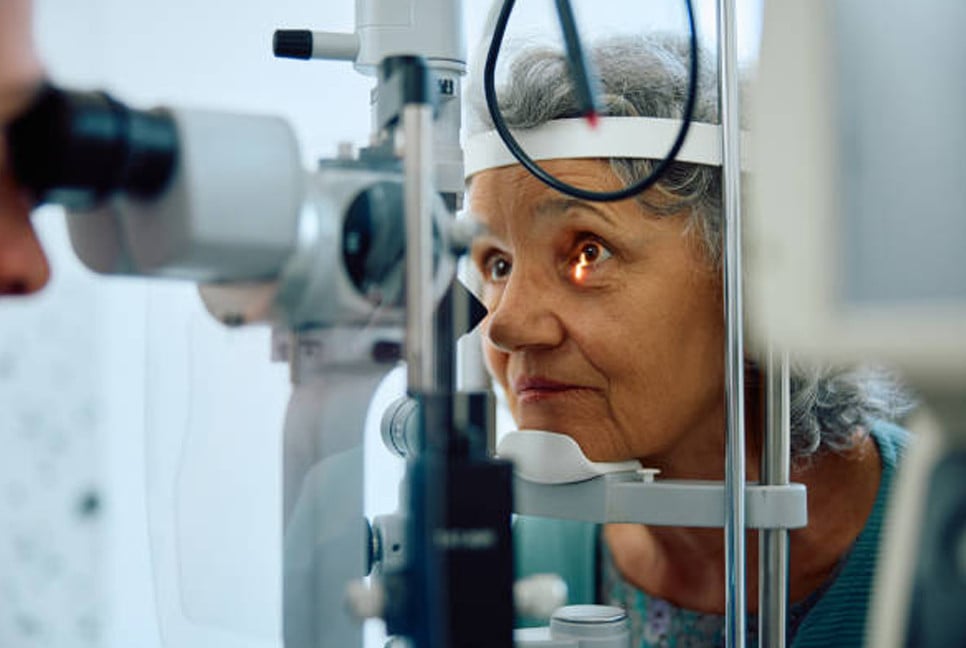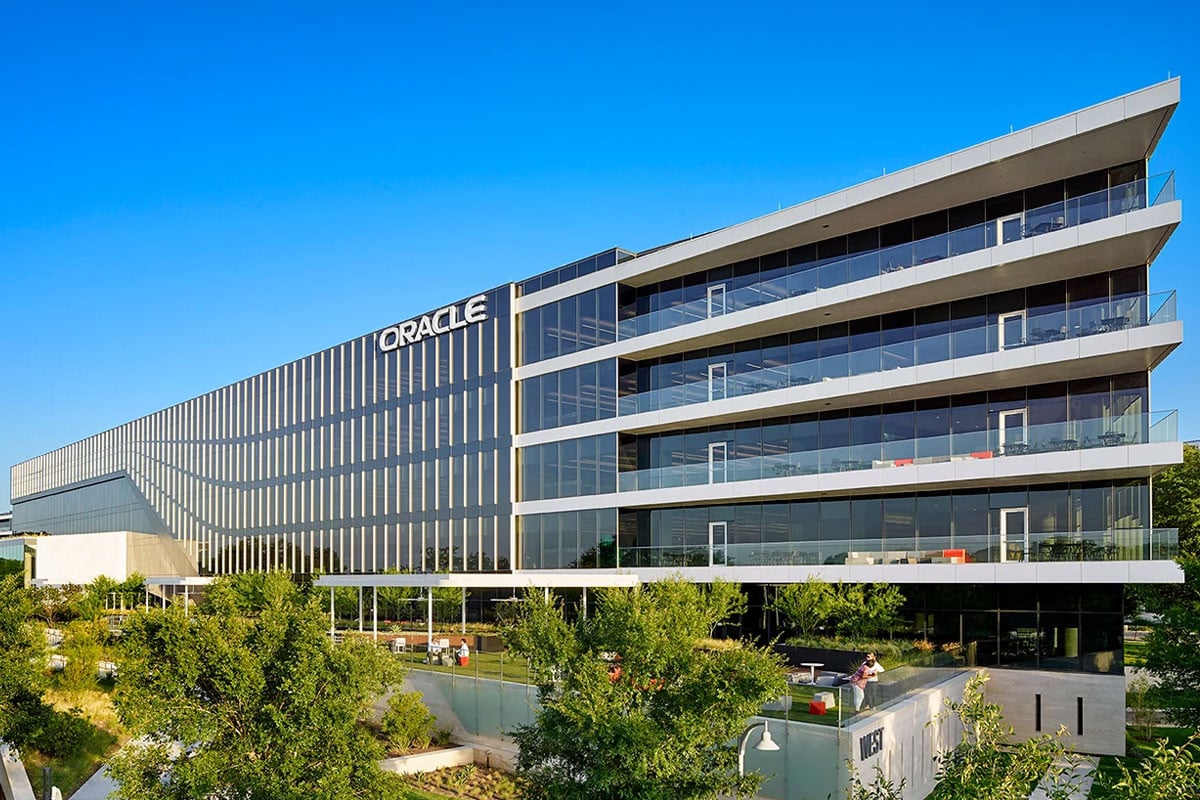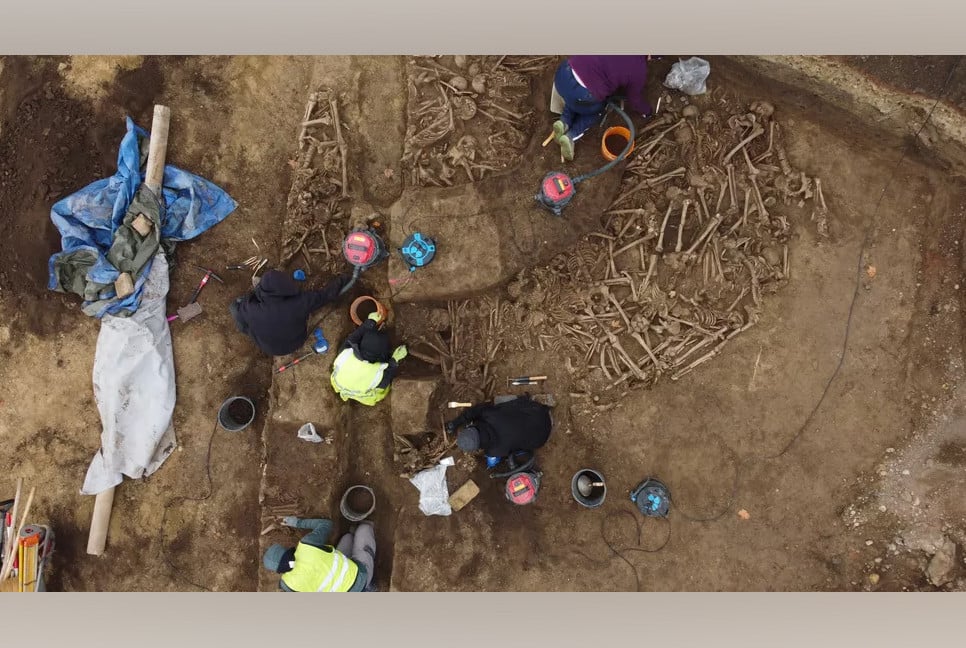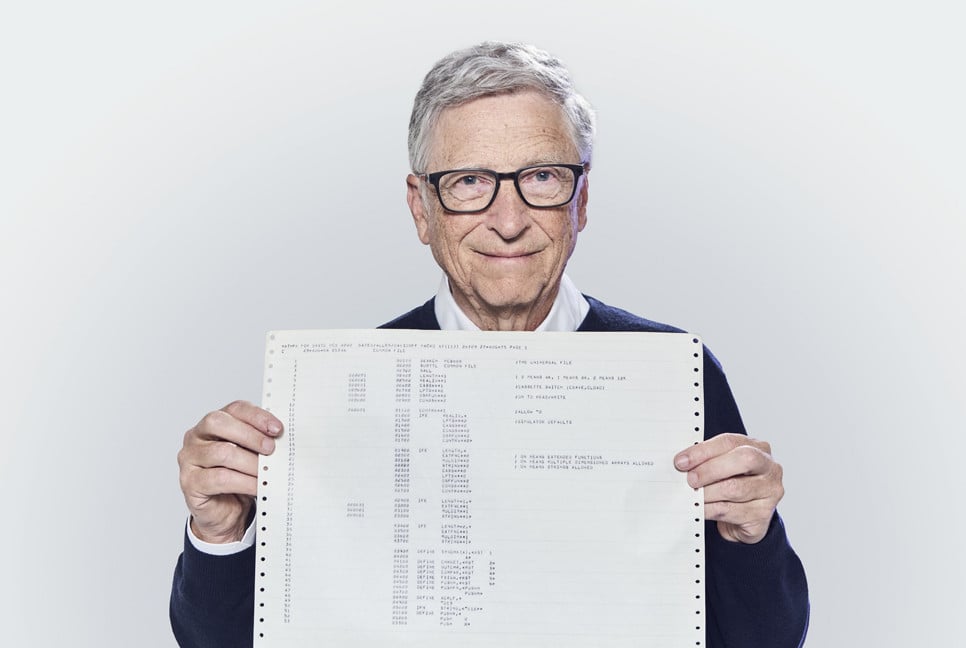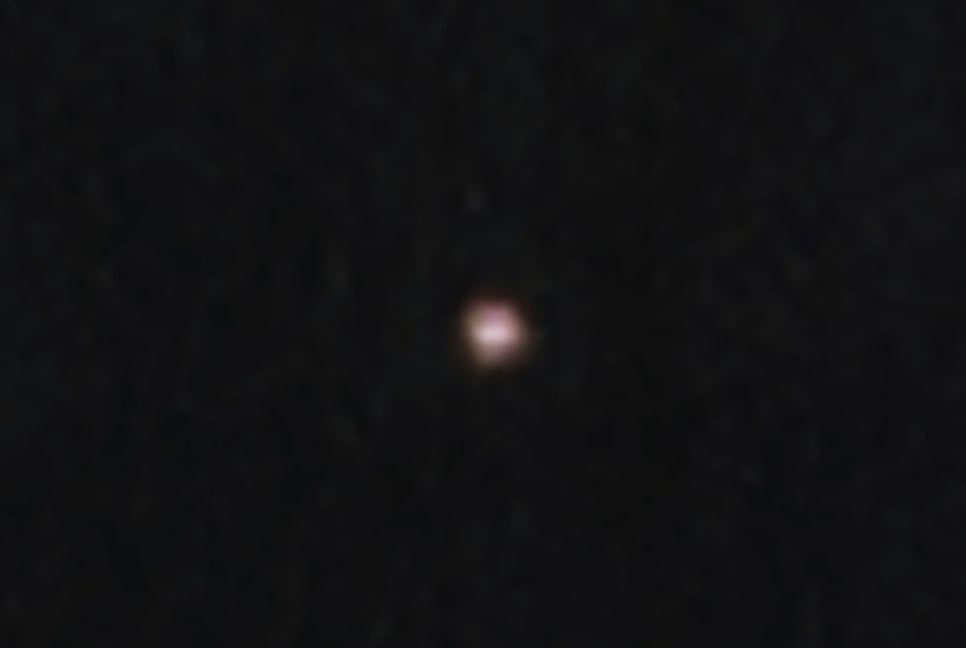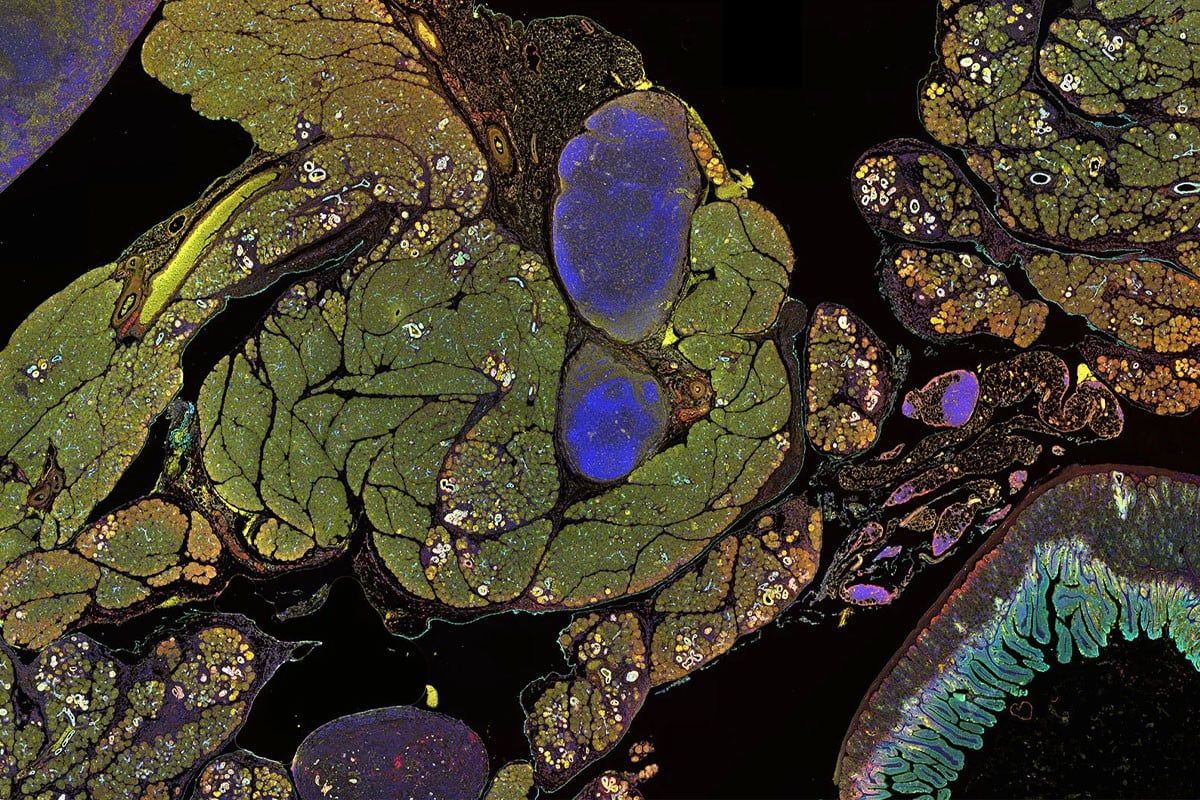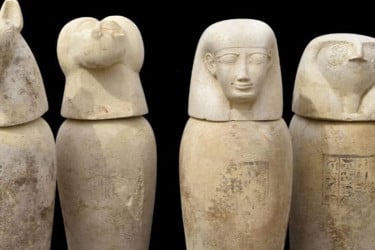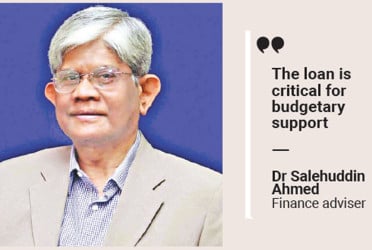Researchers in Scotland are developing a new AI tool that could help high-street opticians detect early signs of dementia. By analyzing photographs of the retina at the back of the eye, the AI software could provide insights into brain health, potentially identifying signs of disease before symptoms appear.
Dementia stops a person's brain cells from working properly, affecting their ability to remember, think and speak.
According to Dementia UK it affects one in 14 people over the age of 65, and one in six people over the age of 80.
Conditions such as Alzheimer's disease can lead to memory loss, confusion or problems with speech and understanding.
There is no known cure for dementia yet, but early diagnosis can allow patients to get treatment earlier and allow extra time for the patient and those around them to adapt and prepare for the future.
The NeurEYE research team has collected almost a million eye scans from opticians across Scotland - the largest data set of its kind in the world - and with the help of AI has developed an algorithm that can assess the health of the blood vessels in the eye that could indicate neuro-generative diseases.
The database the team has built up can be applied to photographs taken during routine eye examinations and could eventually be used by clinicians to either prevent disease from occurring, or to diagnose conditions at a far earlier stage than is currently available.
The blood vessels in the eye are very small and fine meaning they can show up conditions earlier than other parts of the body.
The NeurEYE team is being led by the University of Edinburgh, and includes researchers from Glasgow Caledonian University.
Baljean Dhillon, professor of Clinical Ophthalmology at the University of Edinburgh and NeurEYE co-lead, said: "The eye can tell us far more than we thought possible.
"The retina holds a whole wealth of information and is a biological barometer of our brain health. We can see the retina with the simple, inexpensive equipment found in every high street in the UK and beyond.
"Something very simple like a photograph of a retina can now be harnessed to potentially predict brain change later on in life."
Retired mechanical engineer, David Steele, 65, whose mother has Alzheimer's, told BBC Scotland News that early diagnosis could have saved his family 10 years of heartache and struggle.
His mother had been going to the opticians regularly because her sight was getting worse.
She was initially diagnosed with macular degeneration, but this masked the underlying issue that they now know was cerebral blindness linked to Alzheimer's.
Mr. Steele stated that an earlier diagnosis of dementia would have made a significant difference. He explained, "It would have had a huge impact, especially for my father who had to cope with my mother's decline." He added, "If the link had been discovered 10 years ago, my father could have had a better quality of life, and our family could have better prepared for my mother’s condition worsening."
He further emphasized, "You may not want to know the truth, but it’s important to understand it so you can plan ahead. Early preparation is crucial when managing life becomes more difficult."
Specialist optometrist Ian Cameron, based in Edinburgh, noted, "The eye serves as a window to the entire body. It reflects various body systems, so in addition to detecting eye diseases like cataracts and glaucoma, we can also identify issues related to the heart, high blood pressure, diabetes, and even neurological conditions."
He added, "Some conditions are detected later, but with this technology, we can spot them earlier. Regular eye tests can improve overall health outcomes." Cameron stressed the importance of eye exams every two years, as early detection is key.
The research team aims to have a prototype of the new AI tool ready later this year with plans for a broader launch to opticians nationwide by 2026.
Source: BBC
Bd-pratidin English/ Afia

